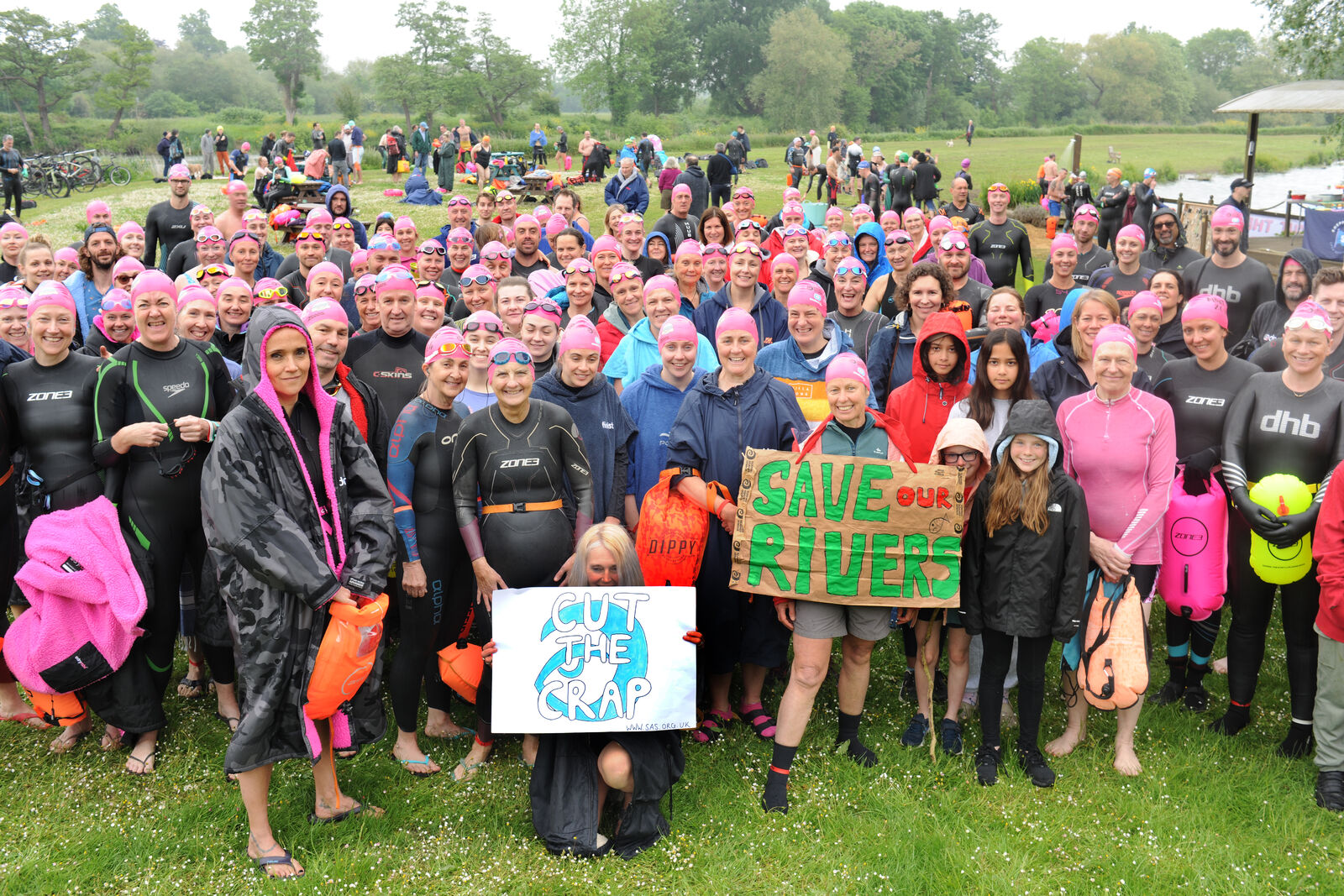
Ofwat responds to your emails
After our Paddle-Out this year, thousands of SAS supporters emailed Ofwat, and key environmental policy-makers across the UK, to demand better for our wild waters. And Ofwat have responded.
Ocean Activists sent more than 7,000 emails to Ofwat after the Paddle-Out, earlier this year. Thank you to everyone that took action and let those in power know we wont stand by whilst our wild waters are treated like open sewers. Here’s what we collectively demanded:
- Ensure investment is prioritised to tackle pollution affecting bathing waters and popular recreation areas.
- Prioritise the inclusion of nature based solutions to tackle pollution.
- Tighten regulation to ensure bonuses and dividends are only ever paid out when companies are compliant with environmental legislation.
And below is Ofwat’s response.
We recognise the strength of your feelings on these issues and agree things have to change. We would like to share what we are doing to help turn around the sector’s performance.
We are currently investigating all wastewater companies for issues around how much wastewater they are treating and whether they are breaking the conditions of their environmental permits at the works. Within this overarching investigation we have enforcement cases open against six companies – Anglian Water, Northumbrian Water, Thames Water, South West Water, Wessex Water, and Yorkshire Water. You can find out more information and updates on these enforcement cases here.
As you mention in your email, we are currently reviewing companies’ business plans for the next five years. This will include deciding how much funding companies will need to deliver the environmental improvements which are needed.
We will be publishing our draft decisions on the business plans on 11 July. We will set out how much money companies are allowed to spend over the next five years to improve their services, as well as how much money companies are allowed to collect from customers. We will also be setting companies ambitious targets on storm overflows. Where they do not meet their target for reducing spills, companies will be subject to financial penalties. We will also set targets for other environmental improvements, including on river water quality, bathing water quality, and biodiversity. These targets ensure that we are holding the sector to account on their environmental performance.
The draft decisions will be subject to consultation before we publish our final determinations in December 2024. You are very welcome to take part in this consultation process. More information will be available when we publish our draft decisions.
You also expressed concern around companies paying bonuses and dividends even if they have not complied with environmental legislation. Last year we announced new powers that allow us to take action against companies who do not link dividend payments to their performance for customers and environment, or who pay dividends when it would weaken their financial resilience.
Last year we published our assessment of how bonuses awarded to water company executives between 2022-23 aligned to delivery for customers and the environment, as well as overall company performance. Our report looked at the 16 largest water companies in England and Wales and is the latest step taken by us to crack down on inappropriate pay outs in the sector.
We have told companies to clearly show how both annual and long-term pay incentives are substantially linked to stretching delivery for customers and the environment. Where such rewards are found to be inappropriate, Ofwat will step in and ensure that customers do not foot the bill. New powers will enable us to enforce this for the first time.
Thank you again for your correspondence and for your interest in Ofwat’s work in improving water sector performance.
On Thursday 11th July, Ofwat will publish their ‘draft determinations’, the process by which Ofwat review the investment plans for water companies every five years (in this case from 2025 to 2030). We’ll be looking to see if our demands are met.
